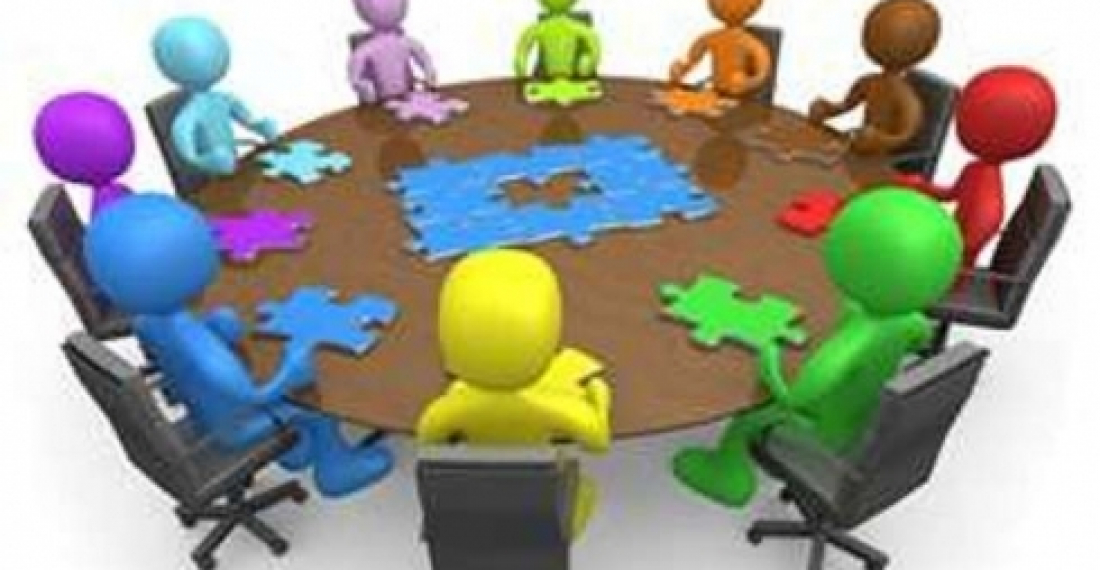The case of the release of Ramil Safarov, after he was returned to Azerbaijani jurisdiction on Friday to continue serving his life sentence for the murder of an Armenian counterpart in Budapest in 2004, has not surprisingly given rise to many emotions.
As often happens in these highly charged circumstances emotions easily turn into hysterical reactions and we have seen an element of this over the last few days in both Armenia and Azerbaijan. The case certainly requires consideration at all levels of society in both countries and in the international community but calm reflection and reaction make for better judgement all round.
Regrettably some civil society actors on both sides have given in to the temptation to join in the outpour of unhelpful rhetoric that has dominated the news in both countries in recent days. Already we hear that several initiatives aimed at promoting dialogue have been cancelled or postponed. Social media sites are full of jingoistic statements, including some by civil society actors who should have known better. This is regrettable.
It is in a moment like this that civil society can show that it has the potential to contribute something different. The more difficult the situation becomes the more necessary the work of civil society to build trust that can help to the resolution of the conflict between Armenians and Azerbaijanis becomes.
The murder that Safarov committed in 2004 did not contribute to this trust, and nor did the way in which he was released. However the fact that Safarov killed one person in his sleep does not mean he should be the reason for killing public diplomacy even when it is awake.
This comment was prepared by the editorial team of commonspace.eu







